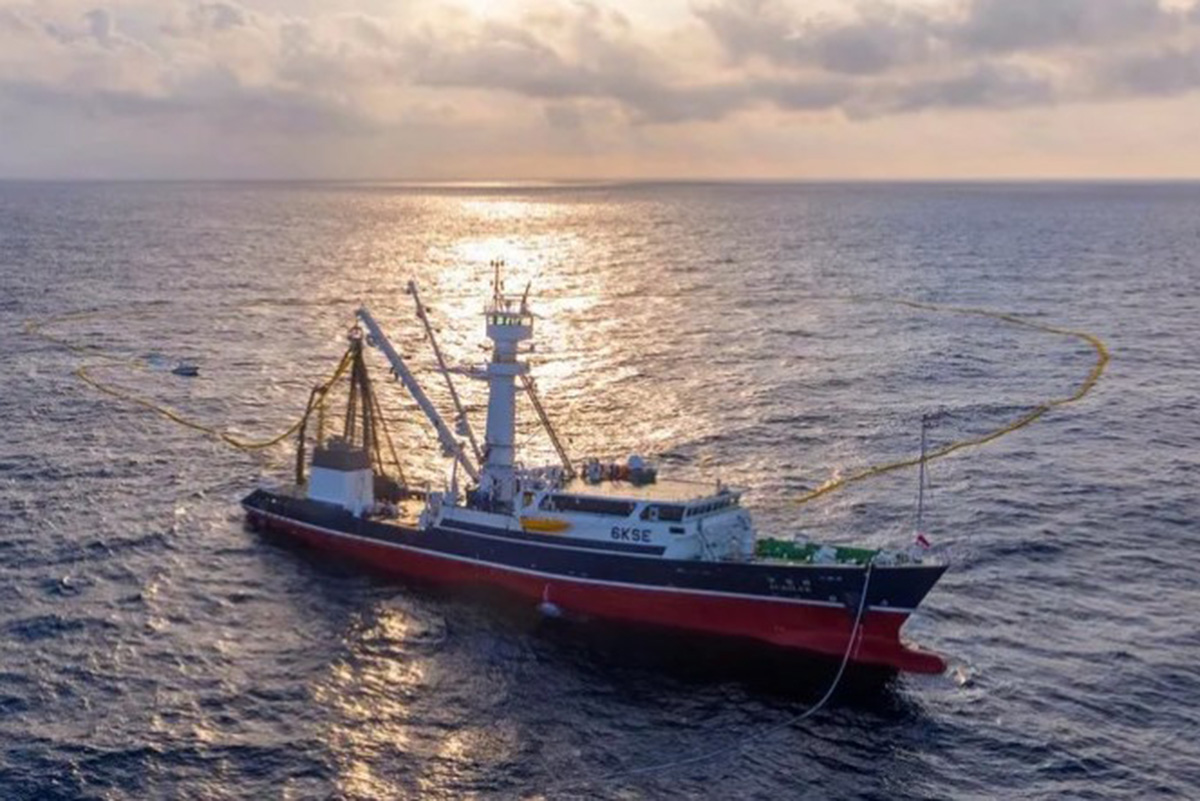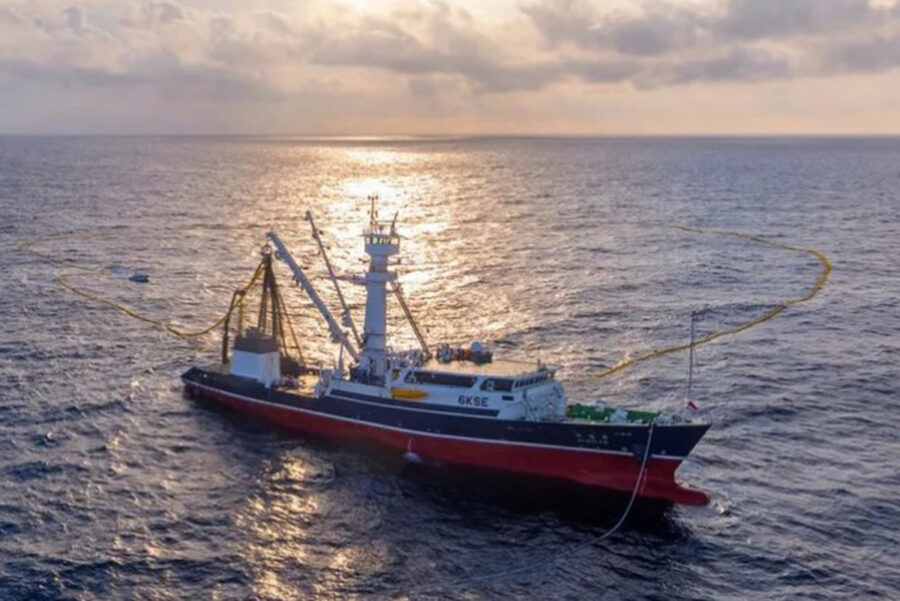Leading fisheries scientists call for greater rigour by journals responsible for publishing misleading articles
By Tim Oliver
An article just published in the respected science journal Marine Policy highlights the need for objective and reliable fisheries science to ensure conservation and sustainable development.
It says the publication of flawed papers, some in high-profile journals, is cause for concern, and that misleading science can misinform policy and the public.
The authors, who include well-known US fisheries scientist Professor Ray Hilborn, call for the rigour of peer reviews and editorial management to be strengthened, and say journal publishers must ensure the reliability of papers they publish.
“The prevalence of papers conveying unjustified messages and with the potential to influence public perceptions and policies is concerning,” they say, providing examples where flawed methodology led to the exaggeration of negative impacts on ecosystems by the fishing industry – which was often then sensationalised by campaigners.
In all of the examples quoted, a rebuttal was subsequently published.

A Korean vessel pursing the seine in the Pacific Ocean tuna fishery – where many NGOs are calling for 30% of the huge grounds to be closed to fishing. Despite overwhelming evidence from a number of well- researched peer-reviewed studies that MPAs do not work for migratory oceanic species, many NGOs continue to campaign for a 30% closure on the basis of flawed evidence, or by quoting results from very different types of fisheries. (Photo: Dongwon)
“Such papers, often accompanied by media campaigns, can lead to inappropriate policy choices, and other negative outcomes. Science is eventually self-correcting, but often too slowly to prevent flawed perceptions and policies. Problems should be corrected before publication,” say the authors.
With the human population projected to reach 9.7bn by 2050 and high interest in the potential of ocean resources to support development and economic growth, ‘securing an environmentally, economically and socially just and sustainable future for all requires that effective policies are in place and implemented’, they say.
“Scientific publications can and do influence perceptions and attitudes, and feed into policy and decision-making.”
The authors say the concerns highlighted in their paper are not new, but ‘alarm bells have been widely ignored’ and too many flawed papers still appear regularly, even in the most prestigious journals.
Many of these papers continue to be cited long after their flaws have been exposed in published rebuttals. For example, an article that claimed that tuna and billfish fisheries had declined by 90% due to fishing, widely quoted by the media around the world, continues to be cited, even after other scientists expressed substantial concerns about the analysis.
The paper, ‘Errors and bias in marine conservation and fisheries literature: Their impact on policies and perceptions’, can be found here.
A lie will have run halfway around the world before the truth has put its boots on’
Much is made of the importance of policy being based on scientific evidence – but if that science is flawed or biased, everyone stands to lose
By Dr Magnus Johnson, Senior lecturer in environmental marine
I have no problem with people or NGOs objecting to fishing or carnivory on personal ethical grounds – knock yourself out on tofu and make yourself sick with highly processed pretend animal protein if you want. I try to avoid eating farmed salmon because I think it’s unethical to put a migratory fish in a pen at high densities, but that isn’t a scientifically based decision, it’s my personal preference.
However, I do object when people who should know better misrepresent data in order to pursue a particular agenda. As a scientist, I try to be aware of my own prejudices and represent data fairly.
The recent paper in the journal of Marine Policy by some very well-respected marine biologists and fisheries scientists here discusses several high-profile papers that have been published over the last 20 years. Most of them are on the topic of fishing and how much environmental damage it does. You will probably be aware of the headlines they have generated, such as: “All fish gone from the oceans by 2048,” “Fewer than 100 cod left in the North Sea,” or “Fishing generates as much CO2 as the aviation industry.”

Magnus Johnson: “As a scientist, I try to be aware of my own prejudices and represent data fairly.”
The thing these papers all share is that they were eventually withdrawn after publication due to gross inaccuracy, or have been roundly criticised by many scientists for fundamental and sometimes ludicrous assumptions they have made. However, because these papers telling stories of gloom and doom make a massive splash in the media, often boosted by publicity campaigns by the authors or their funders, when the rebuttal is published several weeks or even months later, virtually no one notices. In fact, these grossly misleading publications often continue to be cited, finding their way into policy documents and regulations.
As the authors of the Marine Policy paper discuss, the recent EU Action Plan ‘Protecting and Restoring Marine Ecosystems for Sustainable and Resilient Fisheries’ leans heavily on a discredited paper that suggested that closing 30% of the oceans to fishing would result in an increase in catch of 8m tonnes a year. The authors’ rebuttal of this premise involves considerable expertise and effort, as they have to unravel and clearly explain the often complex truth behind a simplistic lie. You have to wonder how many similar published works have escaped such careful scrutiny before publication.
This really matters, because busy policy-makers and politicians will respond to simple headlines that have generated letters from constituents, or that are supported by intensive lobbying from anti-fishing NGOs. The end result can be populist and wrong-headed policy, such as the draconian and unnecessary attempt by the Scottish government to designate 10% of coastal waters as HPMAs, or the generally oversimplified spatial approach to managing the marine environment. This focus on the exclusion of fishing, often from traditional fishing grounds, has resulted in the neglect of other more complex but more effective conservation and management measures.
Some scientists are fighting back against the scourge of ambitious, agenda-driven academics happy to publish misleading and incorrect information, and there is a well- regarded international website at: retractionwatch.com that is trying to redress the balance by revealing poor practice by researchers.
Many honest academics are campaigning for more transparent and reproducible research by asking authors to publish their data and analysis so that others can more easily scrutinise it. Science advances through challenge and correction to initial assumptions, and good scientists should welcome scrutiny and corrections to their work.
Let’s hope that this movement amongst academics helps in countering the continued proliferation of headline-grabbing anti-fisheries publications we have seen over recent years.
This story was taken from the latest issue of Fishing News. For more up-to-date and in-depth reports on the UK and Irish commercial fishing sector, subscribe to Fishing News here or buy the latest single issue for just £3.30 here.
Sign up to Fishing News’ FREE e-newsletter here.








